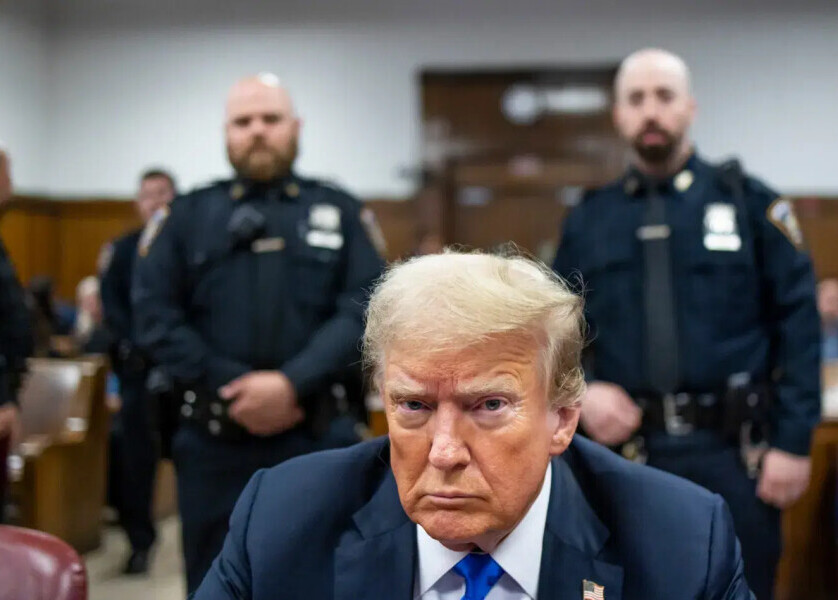The World Health Organization (WHO) is warning that the sudden suspension of US funding for HIV programs in Nigeria and other low-income countries could have disastrous consequences. Over 1.9 million Nigerians rely on this funding for antiretroviral treatment, but the cut would disrupt their access to lifesaving medication.
WHO Director General Dr. Tedros Adhanom Ghebreyesus expressed concern that programs providing HIV therapy to over 30 million people worldwide would be severely impacted. He is urging the Trump administration to create exemptions to ensure continued delivery of essential HIV treatment and care in affected countries.
In a statement, WHO Director General Tedros Adhanom Ghebreyesus warned that a freeze on funding for HIV programs could significantly increase the risk of illness and death for those living with HIV, while also hindering efforts to prevent the virus’s spread. He emphasized that if this funding pause continues, it could lead to a rise in new infections and fatalities, potentially reversing decades of progress and harkening back to the health crisis of the 1980s and 1990s, when millions died from HIV, including many in the United States.
The WHO expressed deep concern over the immediate impact of the funding cut on HIV programs in low- and middle-income countries, which currently provide life-saving therapy to over 30 million people worldwide. Tedros reiterated that such funding halts pose immediate dangers to the health of those living with HIV and undermine community transmission prevention efforts.
The potential funding freeze for HIV programs could lead to significant setbacks in global health advancements, affecting partnerships and investments in crucial areas such as innovative diagnostics, affordable medications, and community-based HIV care models. WHO Director General Tedros Adhanom Ghebreyesus urged the U.S. government to create exemptions to ensure the continuation of essential HIV treatment and care.
Established by the U.S. Leadership Against Global HIV/AIDS, Tuberculosis, and Malaria Act of 2003, the President’s Emergency Plan for AIDS Relief (PEPFAR) is the largest global health initiative focused on HIV, having saved over 26 million lives in its two decades of operation. Active in Nigeria since 2003, PEPFAR has invested over $7.8 billion to combat HIV/AIDS, increasing treatment sites from approximately 25 to over 1,000 and reducing the infection rate from 5.1% at its inception to 1.4% in 2018.
Additionally, PEPFAR has improved data management and strengthened Nigeria’s health systems, contributing to effective policy development and enhanced human resources in the healthcare sector. PEPFAR aims to eradicate HIV/AIDS as a public health concern by 2030. The initiative also supports Nigeria in achieving the “95-95-95” targets, which emphasize diagnosing 95% of all people living with HIV, ensuring that 95% of those diagnosed receive sustained treatment, and achieving viral suppression in 95% of those treated.
